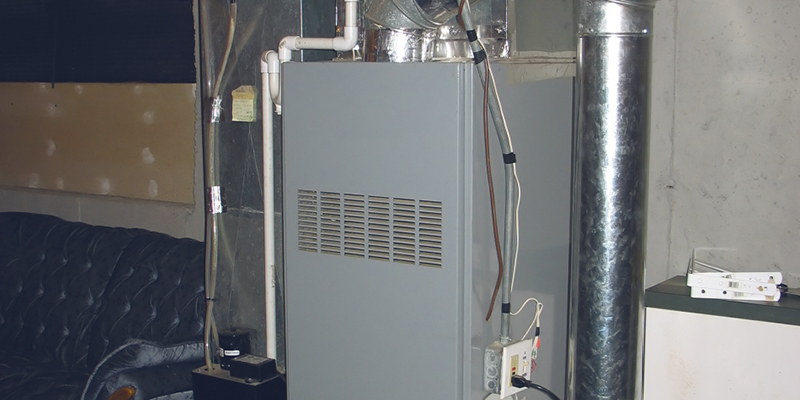Things to Consider When Buying a New Furnace

Summer is the right time for doing lots of things, like wearing shorts, lounging by the pool, and bringing scorched plants inside for some air-conditioned comfort. It’s also a great time for buying a new furnace. It may seem a bit premature, but by not waiting until the fall, you have more time to research your options and make the most cost-effective choice before the weather turns cold again.
The goal is to balance upfront equipment and installation costs with ongoing operating expenses. As you start shopping, follow this advice from Aire Serv® for buying a new furnace.
Furnace Fuel Type
You have a few fuel options for powering your furnace:
- Electricity: Don’t be fooled by their relatively low purchase price and the promise of 95 percent or higher efficiency. Electric furnaces are uneconomical in most parts of the country because of the high cost of coal-generated electricity. You should only consider this option if you don’t have access to natural gas. Even then, heat pumps are much more efficient for electric heating.
- Natural gas: Climates with long winters benefit from gas furnaces. They may cost more initially compared to electric furnaces, but the affordability of natural gas makes them much less costly to operate.
- Oil and propane: As oil and propane prices continue to rise and homeowners grow tired of onsite storage tanks, things are rapidly shifting away from these fuels and toward natural gas.
Furnace Efficiency
The minimum Annual Fuel Utilization Efficiency (AFUE) rating for new furnaces is 78 AFUE, which means 78 percent of the electricity, natural gas, oil, or propane used to power the furnace is converted into usable heat. Mid-range furnaces sold today are 80 to 85 AFUE, while the most efficient furnaces are 95 to 98 AFUE.
Of course, high-end performance requires more advanced features, which increases the upfront cost. A simple calculation comparing the higher initial investment with the resulting decrease in utility bills will tell you whether a high-efficiency furnace is worth it. Aire Serv can help you with this calculation to ensure you make a wise purchase.
Furnace Size
The heating capacity you require depends on the size of your home, the climate where you live, and other factors regarding heat loss and airflow. A small, airtight house requires a smaller, less costly furnace, while a larger home with air leaks needs a bigger, more expensive unit. Making energy efficiency improvements within your home may help you qualify for a smaller system. Let Aire Serv assist with sizing your furnace to maximize performance and comfort.
Furnace Installation Considerations
Gas furnaces are the top pick for most homeowners, but they require special venting and fuel pipes. If your old furnace was less efficient or used a different fuel source, you may need to make these upgrades.
Because of the complexities involved with furnace installation, we recommend leaving the job to a professional. As a result, you must consider labor costs when pinpointing your precise investment. Ductwork repairs and any other necessary modifications also raise the installation cost.
Contact Aire Serv for Help Buying a New Furnace
Whether you’re replacing your furnace or shopping for a heating system to install in your new home, we’ll make sure you know which factors affect your purchasing decision. Then, we can install your new furnace professionally and perform any modifications to your existing system as needed.
To get personalized advice for buying a new furnace, please contact Aire Serv. We’re equipped to help you find the best furnace replacement possible. Plus, we offer free in-home estimates with upfront pricing and special offers to maximize your savings.
 Click to call
Click to call


